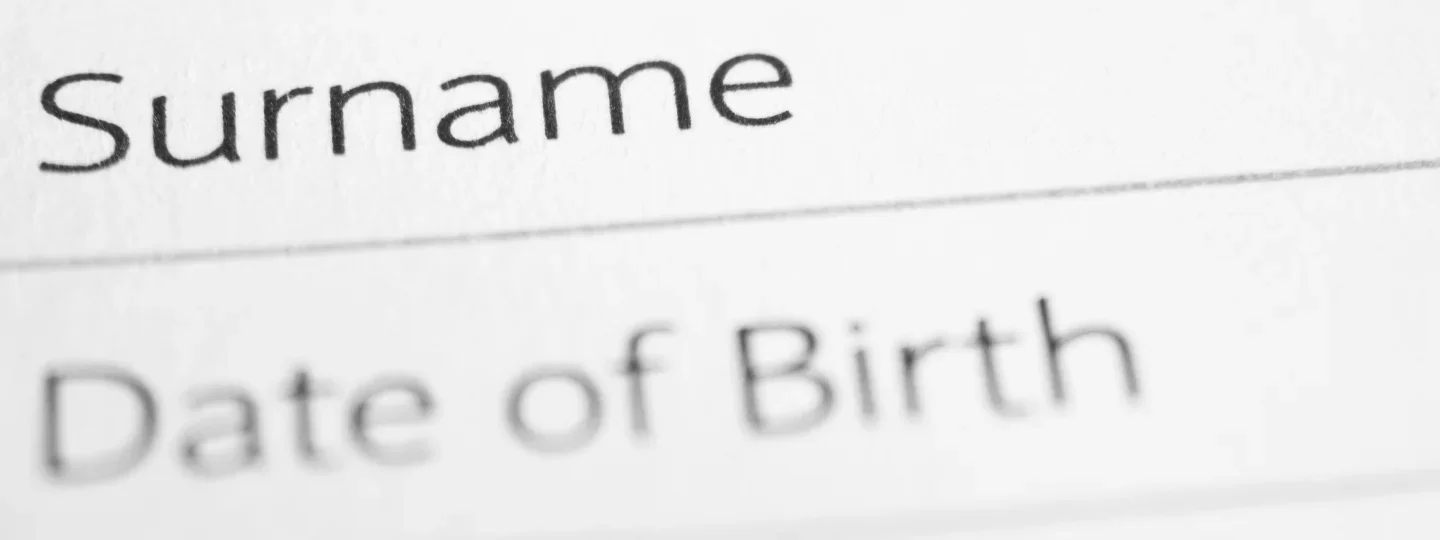Is it true that the great Sahabi Abdullah bin Masood did not allow people to call someone Shaheed?
Quran
Hadith
Islamic Text
Yes, it is true that Sayidina Abdullah bin Masood (May Allah Most High be pleased with him) warned people against calling someone Shaheed. This is considered to be a sound narration by Imam al-Dhahabi. The warning is understood to refer to stating definitively that someone is Shaheed, not speculatively.
قَالَ عَبْدُ اللَّهِ بْنُ مَسْعُودٍ رَضِيَ اللَّهُ عَنْهُ: إِيَّاكُمْ وَهَذِهِ الشَّهَادَاتِ أَنْ تَقُولَ قُتِلَ فُلَانٌ شَهِيدًا، فَإِنَّ الرَّجُلَ يُقَاتِلُ حَمِيَّةً، وَيُقَاتِلُ فِي طَلَبِ الدُّنْيَا، وَيُقَاتِلُ وَهُوَ جَرِيءُ الصَّدْرِ، وَلَكِنْ سَأُحَدِّثُكُمْ عَلَى مَا تَشْهَدُونَ أَنَّ رَسُولَ اللَّهِ صَلَّى اللهُ عَلَيْهِ وَسَلَّمَ بَعَثَ سَرِيَّةً ذَاتَ يَوْمٍ، فَلَمْ يَلْبَثْ إِلَّا قَلِيلًا حَتَّى قَامَ فَحَمِدَ وَأَثْنَى عَلَيْهِ ثُمَّ قَالَ: إِنَّ إِخْوَانَكُمْ قَدْ لَقُوا الْمُشْرِكِينَ، فَاقْتَطَعُوهُمْ، فَلَمْ يَبْقَ مِنْهُمْ أَحَدٌ وَإِنَّهُمْ قَالُوا: رَبَّنَا بَلِّغْ قَوْمَنَا أَنَّا قَدْ رَضِينَا، وَرَضِيَ عَنَّا رَبُّنَا فَأَنَا رَسُولُهُمْ إِلَيْكُمْ، إِنَّهُمْ قَدْ رَضُوا وَرَضِيَ عَنْهُمْ. قال الامام الذهبي: صحيح
(Sayidina) Abdullah bin Masood (May Allah Most High be pleased with him) said, “be warned regarding Shahadah (martyrdom), that you say such a person is a Shaheed (martyr). Indeed, a man fights due to tribalism, or seeking Dunya (material gain), or he fights since he is brave. However, I will inform you regarding whom you can bear witness. The Messenger of Allah ﷺ sent an expeditionary force one day, then not long had passed when he ﷺ stood up, praised and glorified Allah (Most High) and then said, ‘Indeed your brothers met the idolaters, they massacred them and not one of them survived. Indeed they said, Our Lord, let our people know that we are pleased, and our Lord is pleased with us. Indeed I am their messenger to you. Indeed they are pleased and He (Most High) is pleased with them.’” (Mustadrak al-Hakim 2525, Sahih).
The narration above is Sahih according to Imam al-Dhahabi. In this narration, Sayidina Abdullah bin Masood (May Allah Most High be pleased with him) is reminding us a of a religious principle that many people are either unaware of or simply ignore. As Muslims, we are not permitted to speak on behalf of Allah Most High without evidence.
When we say someone is Shaheed (a martyr) in a definitive manner then we are claiming to know his rank with Allah Most High. This is why Sayidina Abdullah bin Masood is so strict on this in the narration above. It is not an insignificant matter to speak on behalf of Allah Most High which is why the Kufaar are warned against it repeatedly in the Holy Quran. It is also why Sayidina Abdullah permitted it for the group mention by the Prophet ﷺ and not others. Since we have evidence for them and not for others.
Despite this, it should be understood that the objection is regarding definitive statements. Not statements of hope or speculation. Therefore, there is nothing objectionable to someone saying, I hope he is accepted as a Shaheed, or I believe him to be a Shaheed. In these cases, one is not speaking on behalf of Allah Most High. Rather, one is expressing one’s hope or personal ‘speculative’ belief.
عَنْ عَبْدِ اللهِ بْنِ مَسْعُودٍ، قَالَ: إِيَّاكُمْ أَنْ تَقُولُوا: مَاتَ فُلَانٌ شَهِيدًا، أَوْ قُتِلَ فُلَانٌ شَهِيدًا، فَإِنَّ الرَّجُلَ يُقَاتِلُ لِيَغْنَمَ، وَيُقَاتِلُ لِيُذْكَرَ، وَيُقَاتِلُ لِيُرَى مَكَانُهُ، فَإِنْ كُنْتُمْ شَاهِدِينَ لَا مَحَالَةَ ” فَاشْهَدُوا لِلرَّهْطِ الَّذِينَ بَعَثَهُمْ رَسُولُ اللهِ صَلَّى اللهُ عَلَيْهِ وَسَلَّمَ فِي سَرِيَّةٍ، فَقُتِلُوا، فَقَالُوا: اللهُمَّ بَلِّغْ نَبِيَّنَا صَلَّى اللهُ عَلَيْهِ وَسَلَّمَ عَنَّا أَنَّا قَدْ لَقِينَاكَ، فَرَضِينَا عَنْكَ، وَرَضِيتَ عَنَّا
(Sayidina) Abdullah bin Masood (May Allah Most High be pleased with him) said, ‘Beware of saying so and so died a martyr or was killed a martyr. For indeed a man fights for the spoils, or for recognition, or for his prowess to be seen. If you must testify to it, then do it for the group the Messenger of Allah ﷺ sent on an expedition. They were killed and said, O Allah inform our Prophet ﷺ from us, that we have met You and You are pleased with us and we are pleased with you.’ (Musnad Ahmad, 3952).
If it is unacceptable to definitively refer to someone as Shaheed (martyr), then how is it that people consider it acceptable to definitively refer to people as a Wali, Salih, or even individuals being in Paradise? This is a much bigger step to take. Being a Shaheed has well defined outward signs. However, that is not the case with a Wali. Considering someone Shaheed or otherwise becomes a legal necessity at times. Again, however, this is certainly not the case with considering someone a Wali.
Therefore, if it is not permitted to definitively refer to a person as Shaheed (martyr), despite the need and outward signs, then how could it be conceivable that one can unequivocally refer to someone as Wali? Unfortunately, many people will speak about concepts without having studied them. Rather, they will rely on that which is prevalent within the community. This can lead to grave errors.
And Allah Most High Knows Best.
-Answered by Shaykh Noorud-deen Rashid (10.02.2023)
See also:
Do Awliya know the unseen?
See also video:






